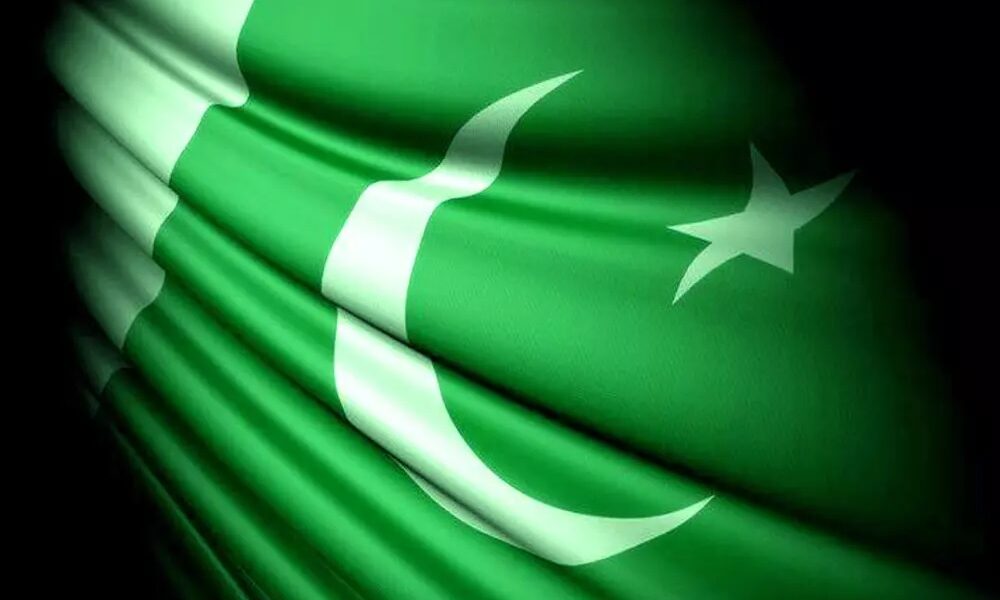When the Americans evacuated from Afghanistan in August 2021, then Pakistan Prime Minister Imran Khan called it the “end of slavery” amidst subdued celebrations and talk of ‘victory’. Almost two years on, the terror nemesis, now assuming global dimensions, has rebounded.
The Afghan Taliban will not heed any threat or advice from a world community that anyway does not recognize their regime. The Islamic State has relocated from its Syria-Iraq theatre, just the way Osama bin Laden had done two decades back. Islamabad’s terror arm-cum-trouble-maker, the Tehreek-e Taliban Pakistan (TTP), has found a haven in Afghanistan to spread its tentacles beyond Pakistan’s tribal areas.
Pakistan feels betrayed by the erstwhile guests that it helped return to power in Kabul. And in sum, the Pakistan-Afghanistan honeymoon that Islamabad had hoped would bring its “strategic depth” vis a vis India and Iran, is over. Instead, Pakistan Army Chief, General Asim Munir, was in Iran last week to work out anti-terror measures. The urgency of his effort lay in his meeting with Iranian President Ibrahim Raisi.
Munir has a cause to worry. Over the past six months, he has lost 267 security personnel to acts of terrorism. This number is alarmingly close to 286 security personnel that were lost in the entire year of 2022. If this trend remains unchanged, he fears the number of security personnel casualties may double this year.
More Pakistani security personnel were targeted shortly after the Taliban returned to power in Afghanistan. In 2020, 163 security personnel fell victim to terrorism. It rose to 268 in 2021, and further to 286 in 2022. Things escalated between Pakistan and Afghanistan last week after Afghanistan-based TTP claimed responsibility for a terror attack on a military site at Zhob in Balochistan. Pakistan protested. But Kabul hit back. Afghan Taliban spokesman Zabihullah Mujahid rejected Pakistan Defence Minister Khawaja Asif pointing to the Doha Agreement of 2020.
Mujahid reminded Asif that the Doha pact was bilateral, between the Afghan Taliban and the United States and carried no obligation to Pakistan. He repeated his pat line about Afghanistan not allowing any group to use its soil for terror activity. He asked Islamabad to set its own house in order and prevent various groups it has fomented. Additionally, he warned Pakistan against any cross-border action against the TTP.
Preoccupied with the conflict in Ukraine, the Western world has yet to wake up to the prospects of resurgent global terrorism. It had believed in the American logic that the Afghan Taliban had no terror or trans-border aspirations and would be content to regain power. The Doha Agreement had believed in the Taliban assurances, forgetting that Al Qaida and Osama bin Laden had done precisely this.
But the Pak-Af region is already feeling the heat as IS and its affiliate Islamic State Khorasan Province (ISKP) work with renewed vigor. During Gen. Munir’s visit, the Pakistani and Iranian militaries “vowed to eradicate the menace of terrorism” in the border areas through sharing of intelligence and taking action against terrorist networks, according to Pakistan’s Inter-Services Public Relations (ISPR).
Pakistan has no more diplomatic fig leaf to hide its wounds. Its military’s media wing released a statement denouncing the “safe havens and liberty of action available to TTP in Afghanistan”. Minister Khawaja Asif criticized the Taliban regime for “neglecting its duties as a neighboring and fraternal country”. His assertion cum threat that “this situation cannot continue any longer” brought him Mujahid’s rebuke.
In its editorial (July 15, 2023), Dawn noted: “Although Mr. Asif refrained from saying that Pakistan would engage in hot pursuit of terrorists across the border into Afghanistan, as he asserted some months ago, Pakistan’s patience with Kabul is clearly wearing thin.” It said: “The reality of the situation is reflected in a recent UN report which says that 20 terrorist groups enjoy “freedom of movement under the Taliban’s protection”. Of these, the regime’s ties with the TTP are “the closest”; in fact, they are considered “part of the Emirate”.
Reflecting Pakistan’s helplessness at the situation that is largely of its own making, the newspaper stated: “The doctrine of ‘strategic depth’ appears to have unraveled comprehensively. What can Pakistan do in this situation, aside from voicing its opprobrium to an Afghan dispensation that is impervious to being relegated to the status of an international pariah on account of its human rights violations?”
* Author chooses a single pseudonym. Shinwari is a freelance journalist based in Peshawar, Pakistan.


